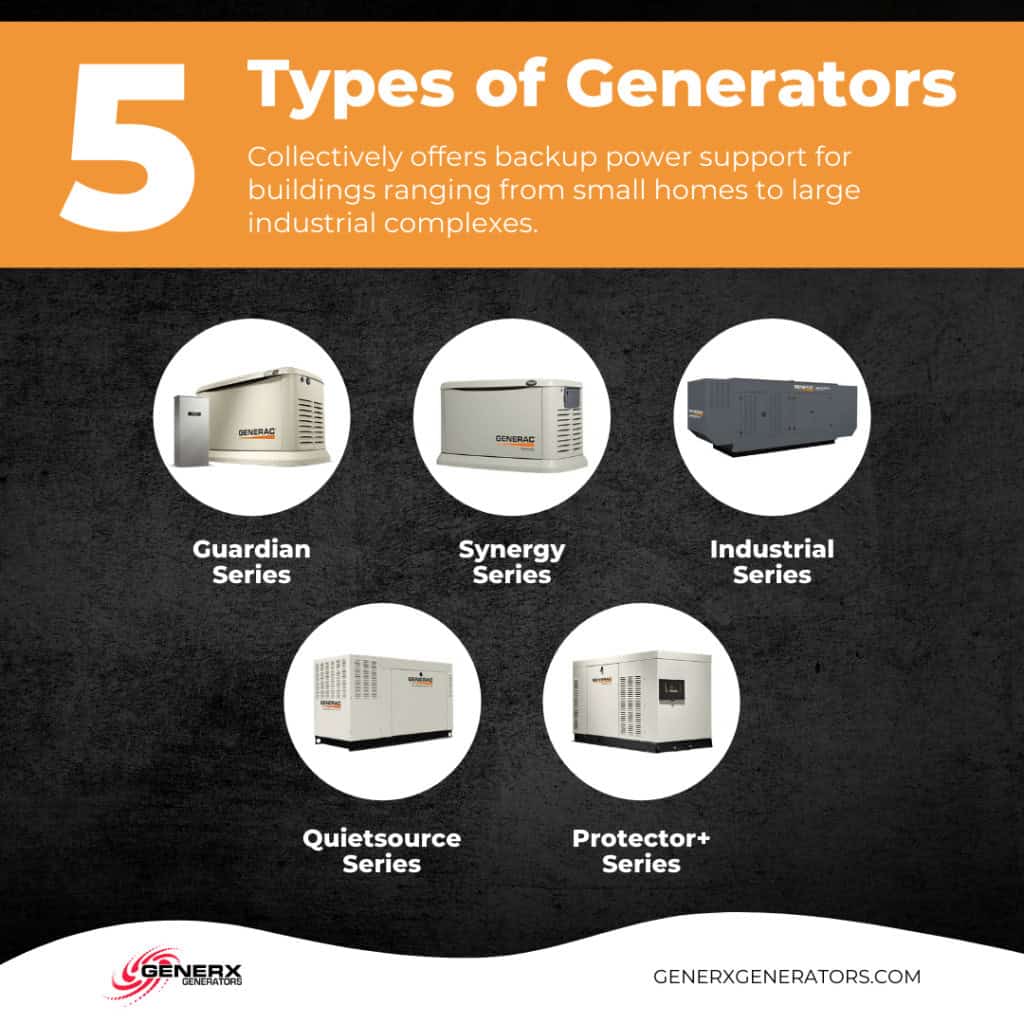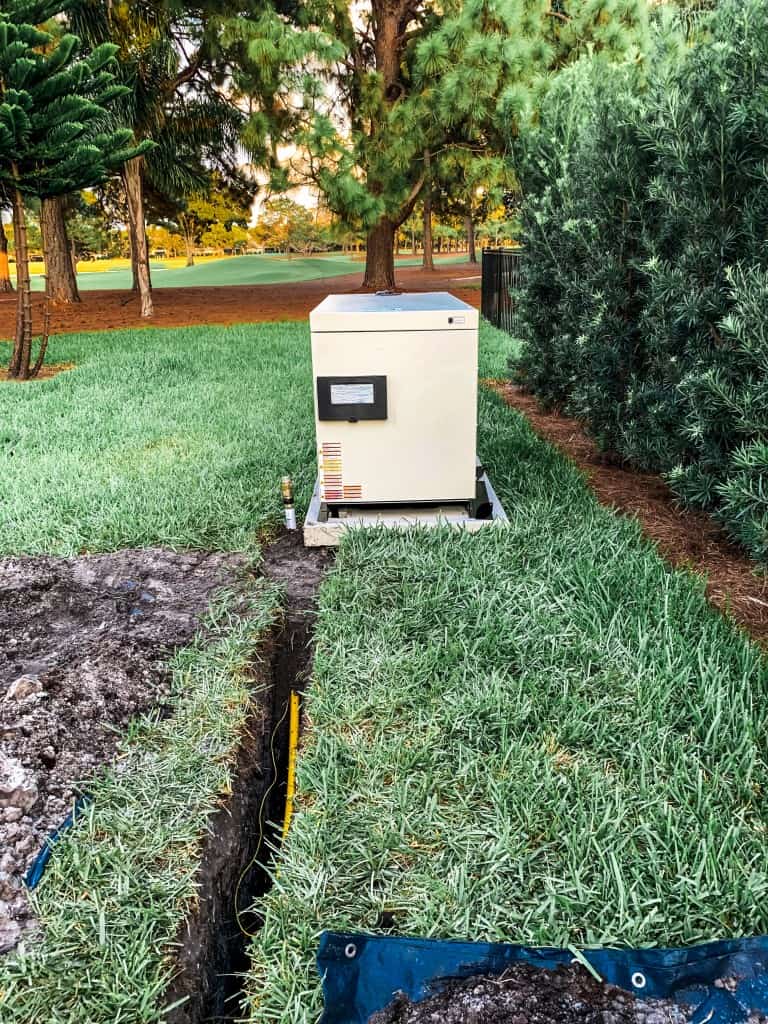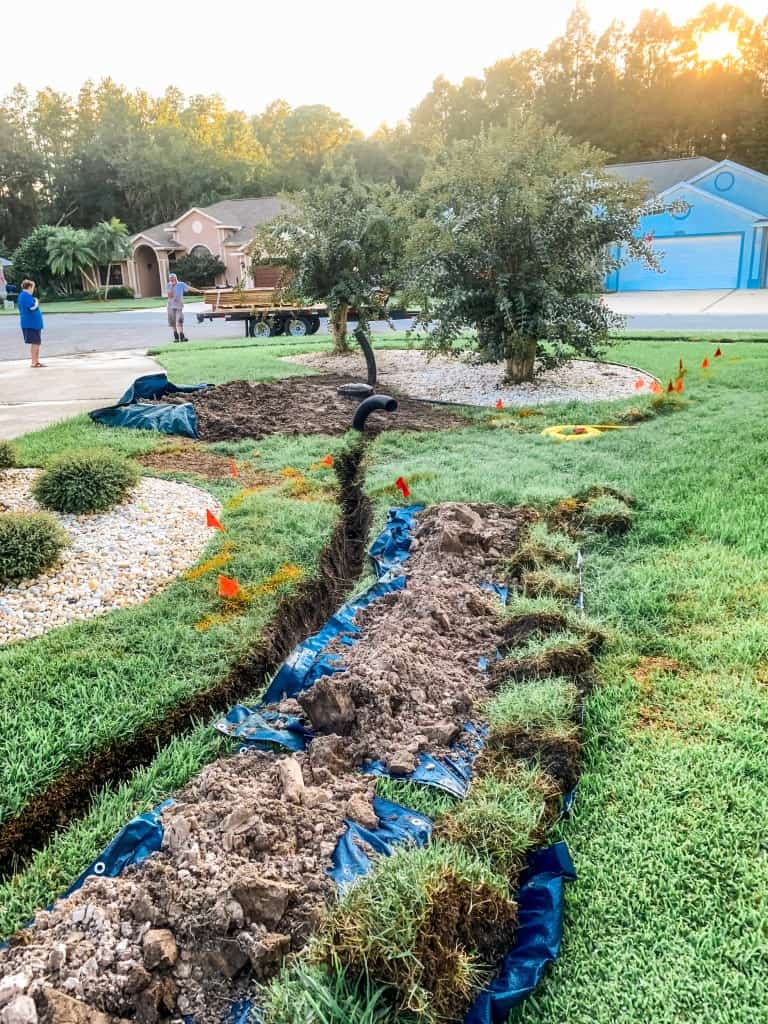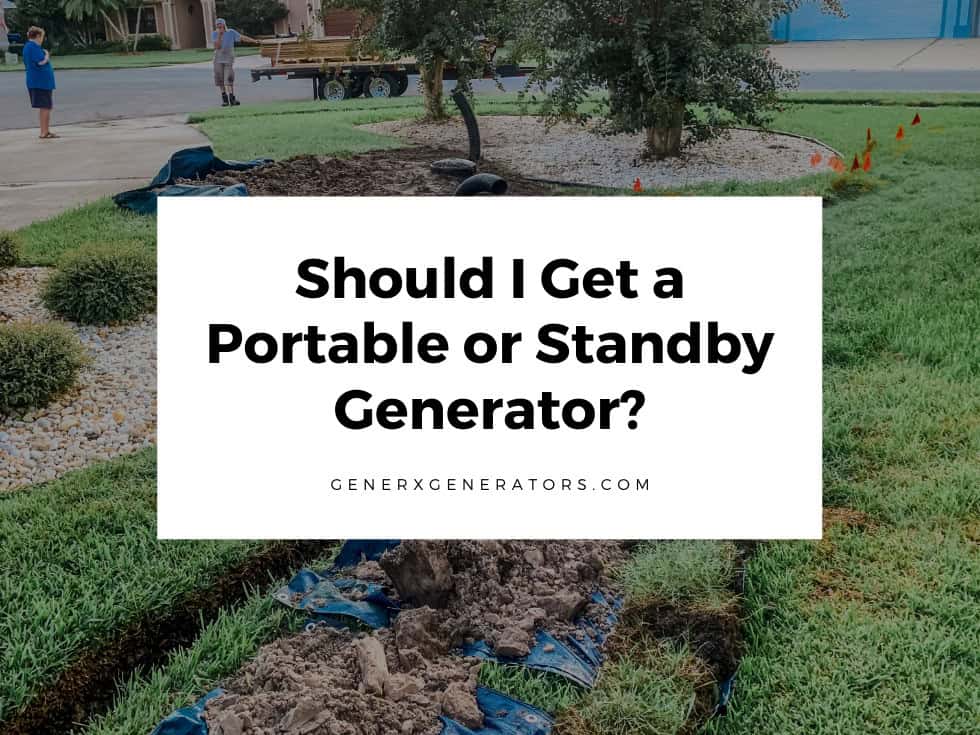In Central Florida, especially, the ultimate answer to the question of whether you should get a portable or standby generator is a resounding “Yes!”
And though we’re obviously partial to standby generators, there are many factors to consider when choosing between a portable or a standby unit; and all of them should be carefully considered before making such an important investment.
More than your business, we want your relationship based on trust in our quality and expertise.
Read on to understand why we’ve invested the last 16 years into growing a brand and product that comprehensively supports families’ needs.
Power
While there are excellent portable generators on the market, the power output is typically less than that of a standby model.
Convenience
Portable units must be pulled from storage, placed in a safe location outside the home, hooked up to your circuit breaker, and refueled often. You also must either purchase or build weather protection for the unit, to ensure it stays protected from the elements.
Portable units are also noisy and could become a nuisance to you… and your neighbors!
They also require 10-20 gallons of gasoline a day, making it necessary to always store a significant amount of fuel to be prepared for an emergency.
On the other hand, standby generators are automatic. The moment your system senses a power outage, the backup kicks in at full power. You may not even notice the power outage, as the transition to backup power is almost seamless.
These almost silent units mostly run from propane or natural gas, reducing the need to manually refuel significantly (or altogether).

Price
Let’s cut right to the chase: at face value, a portable generator can certainly be less expensive than even an economical line of standby generators. Portable generators range from about $350-$1500.
They also don’t require installation fees, which can be quite costly, as they are not permanently affixed to your property.
On the other hand, standby units typically start at around $4000 and require a licensed professional for installation.
Safety
In addition to the potential danger of searching for and setting up a portable generator during a weather emergency, carbon monoxide safety is absolutely critical!
A standby generator must never be used indoors (not even in a garage with an open door), it must be at least 20 feet away from the home and the exhaust must be turned in the opposite direction of any occupied properties to avoid health or safety issues.
Some newer models have features that help alleviate some of the dangers associated with portable generators; unfortunately, they are not full-proof, and accidents continue to occur each year.
In fact, during inclement weather, carbon monoxide poisoning from portable generators has caused more mortality incidents than some of the storms themselves.
Standby generators are affixed to the property outside and do not carry the risk of carbon monoxide poisoning. The possibility of human error is diminished because once it’s properly installed the unit is essentially on autopilot; eliminating potentially tragic missteps.

Reliability
What if you aren’t home when the power goes out? What if there’s a shortage in your area after a widespread power outage and you can’t find fuel? What if you run out and don’t have access or infrastructure to obtain more? These are some of the things to consider when choosing a portable generator to support your home and family during a loss of power episode.
With a standby generator, these concerns are unnecessary. You don’t need to “do” anything to start the backup power source. Most units are designed to hook up to a natural gas line or come with a self-contained propane tank, allowing the unit to run for days or even weeks without worrying about refueling.

Summary
To summarize, a portable generator is less expensive, requires no installation, and serves a small portion of a home well, in a pinch.
A standby generator covers your home comprehensively, is low maintenance, and is certainly the safest option.
Ultimately, your emergency power needs will determine the best unit for your home.
We also know your needs may vary, your investment in home improvements may change, and we support that 100%. Contact our consulting team to help you determine what those needs are and learn about our expansive product line that ranges from essential appliances to whole-house coverage.

